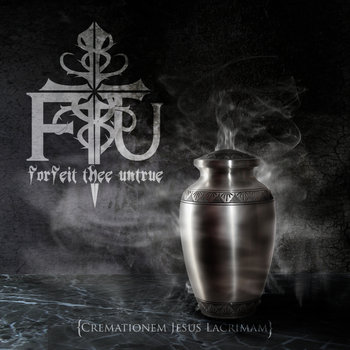Forfeit the Ego
& the inner talkative substitute
Once I know, stops the narrative.
― G‧G‧G
It’s not what the mind says.
It’s how seriously it is taken—and by whom.
― Anthony Paul Moo-Young, Mooji
《道德經》第五十六章
知者不言,言者不知。
塞其兑,閉其門,挫其銳,解其分,和其光,同其塵,是謂玄同。
故不可得而親,不可得而踈; ➥ One with the Mystery
不可得而利,不可得而害;
不可得而貴,不可得而賤。
故為天下貴。
(The mysterious excellence) ― James Legge
He who knows (the Dào) does not (care to) speak (about it);
he who is (ever ready to) speak about it does not know it.
He (who knows it) will keep his mouth shut and close the portals (of his nostrils).
He will blunt his sharp points and unravel the complications of things;
he will attemper his brightness, and bring himself into an agreement with the obscurity (of others).
This is called 'the Mysterious Agreement.'
(Such a one) cannot be treated familiarly or distantly; he is beyond all consideration of profit or injury;
beyond all consideration of nobility or meanness:
― he is the noblest man under heaven.
56 ― Arthur Waley
Those who know do not speak;
Those who speak do not know.
Black the passages,
Shut the doors,
Let all sharpness be blunted,
All tangles untied,
All glare tempered.
All dust smoothed.
This is called the mysterious levelling.
He who has achieved it cannot either be drawn into friendship or repelled,
Cannot be benefited, cannot be harmed,
Cannot either be raised or humbled,
And for that very reason is the highest of all creatures under heaven.
Dào De Jing Chapter 56 ― Herman Ould
He who knows the Dào does not talk about it;
He who talks about the Dào does not know it.
He whose lips are closed,
Who has shut the doors of the senses,
Who tones down that which dazzles
And knows himself lowly as the dust ―
Is it not he who has attained to perfect equanimity?
Such a one cannot be encroached upon;
Nor can he be repelled;
He cannot be benefitted,
Nor can he be harmed;
He cannot be exalted,
Nor can he be cast down.
Is not this perfect equanimity the most valuable of all things under the sun?


No comments:
Post a Comment